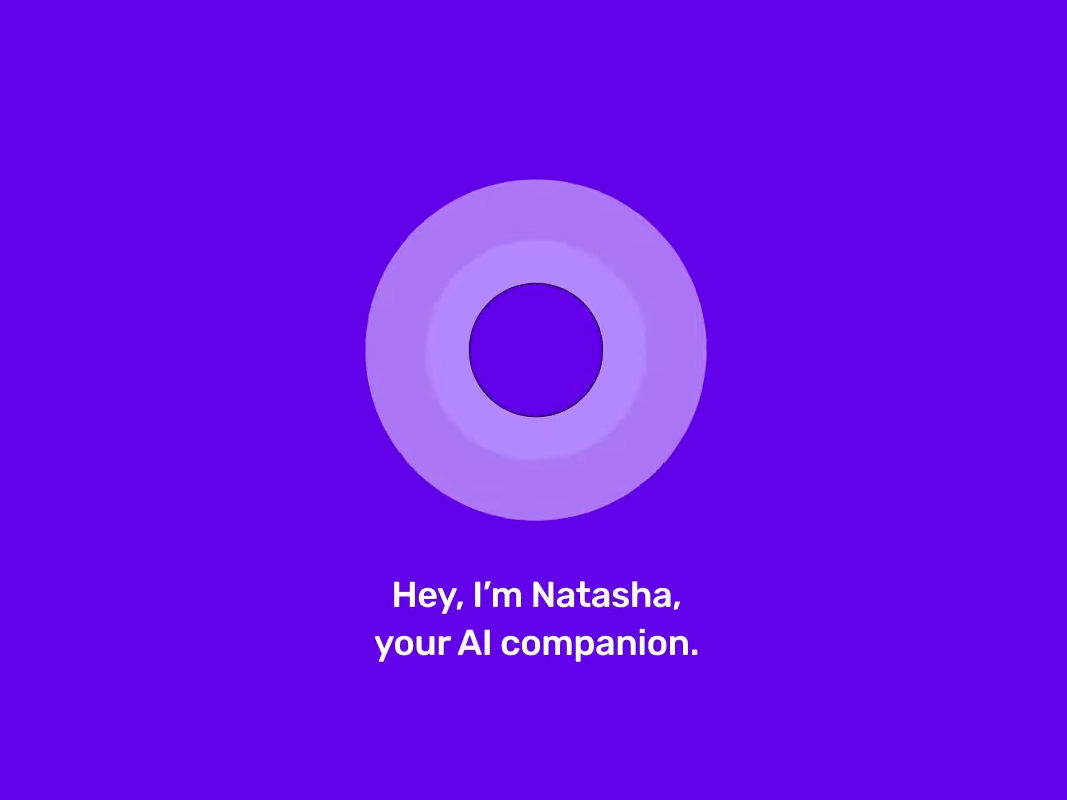- 108 Posts
- 97 Comments
Desiring that the people who make art not starve to death is too much to ask now? We live under Capitalism! It’s money or death.
 2·5 months ago
2·5 months ago10’000? Really? Too lazy to draw silly stick figures? This guy does it. Why can’t you do the same? Or are you going to lie to me and say that this is too hard for you?
 2·5 months ago
2·5 months agoHow did the data get labeled?
That’s not how AI works
How does it work then? I see lot’s pf people claiming to know how it works… only to not actually know how the training works exactly, only a superficial understanding.
How is access limited and at the same time you are bullying everyday Joes who are actually using it?
Ah yes, because people in 3rd world countries earning $1 an hour or less to label that data for the image gen can 100% afford the $10/month for a subscription or a pc to run locally.
Delete all software and turn off your computer or be a hypocrite.
How so?
The stuff they use for training is free for any artist to train on.
The fact that you think AI training and humans looking at thinks are the same thing tells me you don’t know how humans art nor how machines train.
You don’t own the definition of art and nobody you will encounter in a post of any sort is even doing it for major profit.
- True. However, this argument should not be about semantics;
- I got news for ya.
You don’t own the definition of art.
This is not about definitions, I won’t spend time arguing semantics with you. Also, why re-state yourself?
AI is for everyone, but is made for the rich to get richer, like literally everything else you see or do online
Without social development, all forms of technological development will do nothing but allow for greater forms of torment.
Oops, just wanted to write a quick comment but it evolved into me giving some of my thoughts on AI gen as a means of artistry. Oh well, not deleting this now.
I’m still waiting for someone to make art that requires machine learning and is obviously creative by our standards, instead of using AI to recreate old art.
Most self proclaimed AI artists just type a prompt, maybe do a bit of “prompt engineering” (Read: putting the name of a good artist on the prompt) and then in-paint (Read: re-prompting, but only affects a specific area). That does not give you enough control over the drawing to do anything interesting.
I say this from personal experience. Even small differences is facial expressions, too small to be described with words, can make a big impact. The no. reason artists don’t use AI and dislike it is because it doesn’t given enough control over the final image, because it does not let them put in details which cannot be described through words. You might say we might someday have an AI that (somehow) gives you more control, but that would nullify the whole “advantage” of AI: Not having to spend time worrying about the details. If you are going to spend 4 hours prompting in details… you could have just gotten a better result by just drawing it yourself.
Think of it like making a level in Mario Maker VS making a game in a game engine. Sure, making things in Mario Maker is faster than making a game yourself, but it doesn’t give you the same fine grain control that making a game from scratch would. (But even this is not a perfect analogy has, in Mario Maker you actually get to choose where the blocks go, instead of with AI, where you can only describe how the blocks go and hope the AI gets it right with little hope of editing it yourself.)
Actually, about that “editing it yourself”. In this hypothetical AI Mario Maker scenario, you could go into Mario Maker’s editor mode and edit the level with the same amount of detail a normal, handcrafted, Mario Maker level would, but with AI image gen, you get the image and… Ya, about has useful as any other downloaded image. Artists typically create layers to do their art thing, but AI output puts everything in one layer, making hard to edit. I could go on this, but I don’t have all the time in the world to write this. Someone posted this video on !fuck_ai@lemmy.world , where an AI “artists” quit AI because of these problems of lack of control. (Don’t judge me based on the video, I found it on the aforementioned community here (lemmy.ml link))
I know it’s possible to use this tool in a way that’s revolutionary, but the users and developers seem to have little interest in pushing art beyond replacing the artists.
That’s the multi billion dollar the AI companies are trying to solve, having to pay wages. The far right loves this as they feel like those who worked hard to develop artistic skills are below them somehow. Part of the conservative rhetoric. AI: The New Aesthetics of Fascism by Gareth Watkins.
I want to see someone develop an original ML model with an original training set that can generate something impossible by any other method.
I feel like people who want talk and argue about AI should know how the training works at a mathematical level. I swear the number of people who act like it’s magic is way too much. I say this because it would give you a really good idea of how specialized training won’t solve the lack of originality problem. I haven’t had a refresher on this so I might be misremembering some things… Any who, this playlist is pretty good I think.

 1·6 months ago
1·6 months agoI, honestly, never used Reddit that much anyways. It’s algorithms were made to keep me on the site at all costs and I never liked that.
Some Lemmy clients offer the option to auto-hide posts and comments which contain certain keywords of the choice of the user. Are there any plans to implement this feature into the stock Lemmy experience?
I know it is possible to do some hacky stuff with UblockOrigin to do the same, but that is not something most know about and are willing to do.
Have you ever heard of a password manager?

 21·6 months ago
21·6 months agoThey have - voluntarily - decided to buy a device that is known to be anti-consumer.
Many Apple users bought their devices before they were aware of Apple’s user look in tactics, let alone how they could be problematic. Most people are not into tech, so they wouldn’t know. Data on tech illiteracy.

 3·6 months ago
3·6 months agoYou say that until Google realises that there is no other viable alternative and so they can do the same thing since it’s not like there is another option.
I know you ca try and install other OSes, but that isn’t an option for many, as many manufacturers make acquiring root access impossible.
You answer is basically a big “go fuck yourself” to everyone who bought an iphone before they knew about the things Apple did to keep users looked in. Same goes for the acquiring root access on an android phone.
People are not born with knowledge.
See… It’s not that hard to make something if you actually try.

 122·6 months ago
122·6 months agohmm… And why would you say supporting Russia and Palestine count has “understanding geopolitics”? I say this as someone who does not know too much about it.
Fun fact, the first computer bug was cause by a literal bug that got inside the machine.

 10·6 months ago
10·6 months agoLemmy and other fediverse platforms have, in general, trended towards an increase in users. Been here for a year and I can assure you I have noticed a slow increase in activity.

 11·6 months ago
11·6 months agoLemmy does not have an engagement based algorithm. It does not over analyze your every move to keep you on the site. This means you will have to do content curation yourself.
First of all, the block button exists, use liberally.
Second, the subscribe button exists, so use it to curate a nice subscribed feed
Third, I do believe there are third party clients (lemmy apps made by others) that have a word filter feature which allow you to automatically hide post and comments which contain certain keywords. (I think Voyager has that. Download mobile app here. Use the site version of the app here. Keep in mind that it uses lemm.ee as its default instance.)
But yeah, content curration is kinda just left up to you. Subscribe, Block. That’s it.
Alternatively, you could join a “themed instance”, that is, an instance made to house a particular community or interest, like that star-trek instance, but Lemmy does not have enough users for those to be able to exist.
If you want creative stuff, might want to have a look at !artshare@lemmy.world? Sorry, I don’t have much for you.

 3·6 months ago
3·6 months agopawn to g7
If the black king goes and captures my rook I can capture theirs an get a queen.
If the black king moves their rook to safety, I can move mine back too, saving it. The pawn and bishop are mutually protecting each other, so no need to worry about king capturing them. Don’t know where to go from here.
If the black king decides to move his pawn up to f6 well… free rook I guess? I’ll just capture his rook with my pawn at g7 and upgrade to queen, he will then be forced to capture her, leaving the black king at f8, his pawn at f6 and my two pieces safe. Though I’m not sure it is possible to do a check-mate with just your king, a rook and a bishop.

 11·6 months ago
11·6 months agoI feel like this should be cross-posted to !fuck_ai@lemmy.world.


























Truly the future of software development.